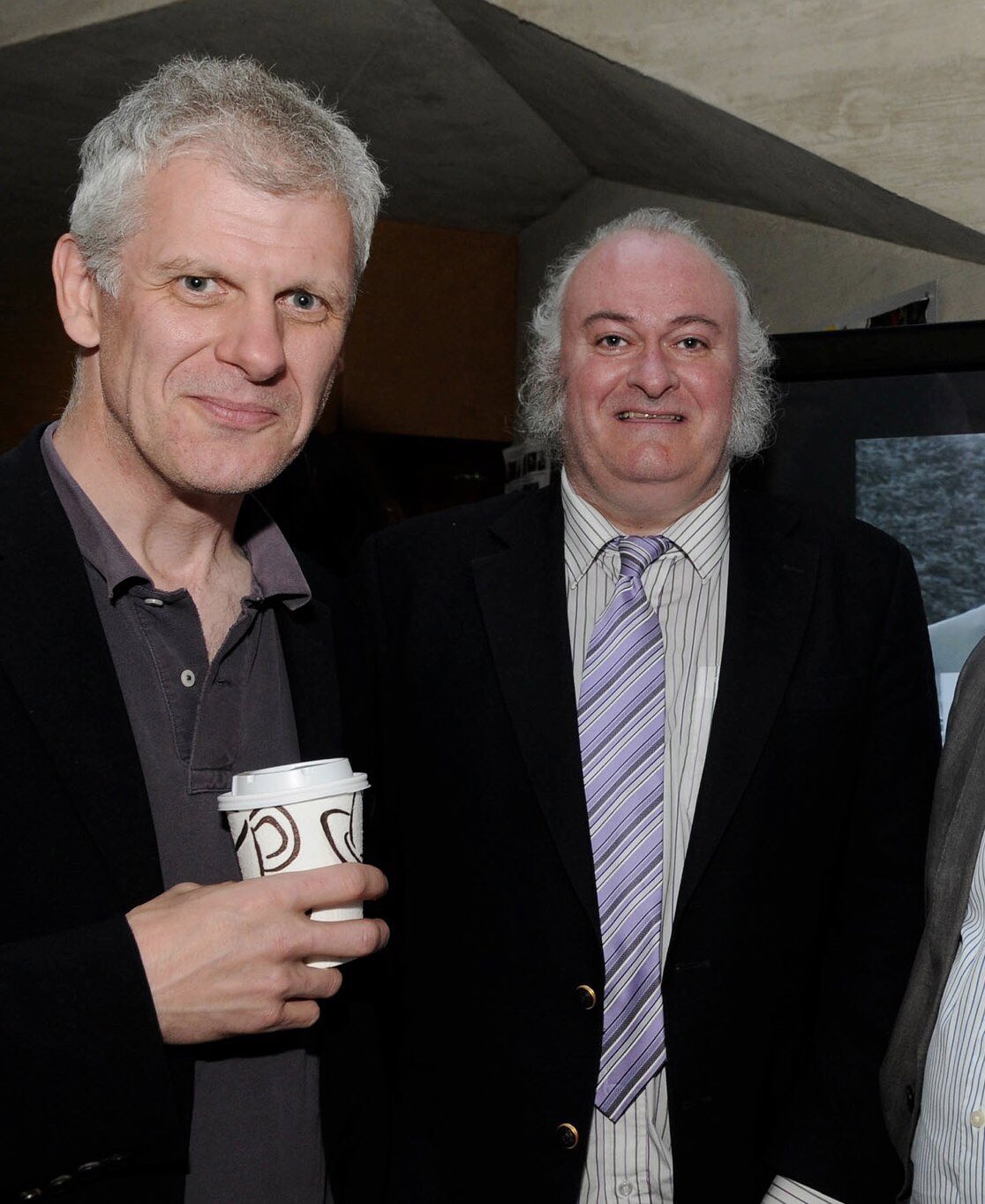Paul was an exceptional academic, a brilliant writer and thinker, but the aspect that made Paul different was that he had an equal interest in the Arts and the Sciences.
Even as I write that sentence I realise that Paul would gently disagree, there is no difference between the Arts and Sciences, he would say.
An aspect of Paul’s work was to understand and develop Artificial Intelligence. In Paul’s eyes that was best achieved by working to make the interface between the computer and the person more human-like. He wanted computing to be like a person. You should be able to talk to them, to have a conversation and learn from them, it should all be as natural as a chat with a friend.
Paul became associated with the Leobner prize. In 2013 he hosted the annual edition of the Leobner prize in Magee College. Professors Noel Sharkey and Roger Schank were on the judging panel. The Leobner prize attempts to recreate the Turing Test. In this test a person asks a series of questions to a person hidden behind a screen. At the end of the questions the person must guess, based on the answers that were given to their questions, if the person behind the screen is a computer or a real person. It is an imitation game! The winner is the team who can create the computer programme that best simulates the responses of a human.
In an academic shuffle Paul moved from the Faculty of Computing to the Faculty of Humanities – an almost impossible move to most academics, but to Paul it was just another day at work.
Paul’s computer needs to be mentioned. He did not have a Mac or a PC. He did everything using Linux. He used LaTEX to composite his papers. He navigated his file system using the command line. He liked the idea of being “near” the computer. He thought the interface offered by Mac and Windows was cumbersome and slow. He liked the idea that the computer did exactly what he wanted, nothing more, nothing less.
Paul’s students also were on the slightly uncomfortable nexus between Arts and Sciences. He worked with TV producers, historians, playwrights, musicians, artists, designers, all with the goal of making computing more human. A worthy goal in a life that was full of joy and wonder.
RIP, 25/09/23
